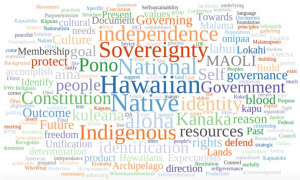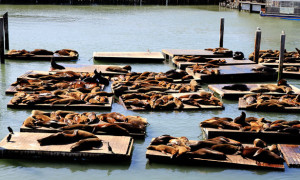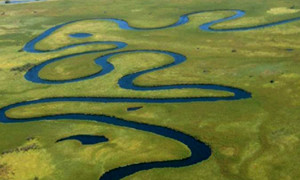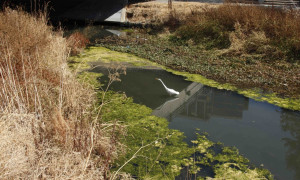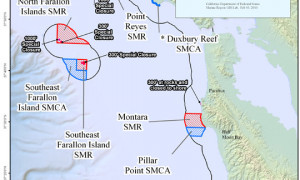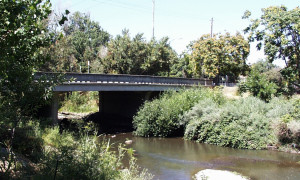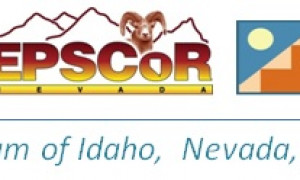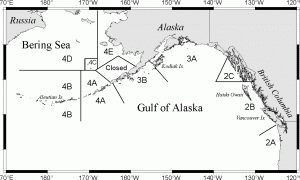Featured Projects
Environmental Policy Analysis, Workshop Facilitation
CONCUR facilitated the Audubon G.U.L.F. Highly Migratory Species (HMS) Stakeholder Workshop in New Orleans, Louisiana on October 24th, 2017. The meeting was convened by Audubon Nature Institute’s...
Strategic Planning, Workshop Facilitation
CONCUR Teamed with staff from North Dakota EPSCoR, UND, NDSU, and the National Science Foundation to organize and facilitate a 2-day workshop for the primary investigators and researchers to plan and...
Workshop Facilitation
CONCUR facilitated the NOAA Fisheries West Coast Swordfish Fisheries Meeting held May 11-12, 2015 in La Jolla, CA.
Workshop Facilitation
CONCUR teamed with the National Fish and Wildlife Foundation to convene a workshop focused on improving the overall effectiveness of implementation of turtle excluder devices (TED) in the shrimp fishe...
Joint Fact Finding, Workshop Facilitation
CONCUR teamed with the Gulf & South Atlantic Fisheries Foundation (GSAFF) to gather industry, federal, and state official perspectives on turtle exclusion device (TED) compliance and enforcement i...
Facilitating Agreements, Strategic Planning
CONCUR teamed with staff of the Coral Reef Alliance (CORAL) to facilitate a two-day strategic planning session for the Meso American Reef Tourism Initiative (MARTI) in May 2014 in Playa del Carmen, Q...
Joint Fact Finding, Workshop Facilitation
CONCUR planned and facilitated a workshop to identify safe methods for deterring marine mammals from damaging fishing gear and catch, personal or public property, or endangering personal safety.
CO...
Strategic Planning, Workshop Facilitation
CONCUR teamed with staff from South Dakota EPSCoR, South Dakota State University, University of South Dakota, and the National Science Foundation to organize and facilitate a 2-day workshop for the pr...
Workshop Facilitation
CONCUR facilitated a workshop in August 2015 to develop national criteria for assessing sea turtle post-interaction mortality from trawl, gillnet, and pot/trap fisheries.
CONCUR worked closely with...
Workshop Facilitation
CONCUR worked with staff of the Central and Northern California Ocean Observer System to design and facilitate a strategic planning dialogue to establish a priority-setting process for ocean observati...
Workshop Facilitation
On May 10th - 11th of 2011, CONCUR facilitated the United States West Coast Swordfish Workshop: Working towards Sustainability.
Strategic Planning, Workshop Facilitation
CONCUR was retained by the Southwest Regional Office of the National Marine Fisheries Service (NMFS) to convene the Coastal Pelagic Species Workshop II: Considerations for Rights-Based Management i...
Workshop Facilitation
CONCUR facilitated a two-day meeting intended to generate concrete strategies for improving the timeliness of data used to manage recreational fisheries nationwide.
Workshop Facilitation
CONCUR teamed with NMFS to convene a two-day symposium in Oakland, CA to look at the impacts of imported seafood on U.S. fisheries, food security, employment, incomes, and vibrant coastal communities...
Facilitating Agreements, Professional Training
CONCUR served as facilitator and trainer for this USAID-funded initiative aimed at strengthening the information base to support trans-boundary natural resource planning for the Okavango River system.
Strategic Planning, Workshop Facilitation
CONCUR teamed with conveners from The Johnson Foundation at Wingspread to facilitate a three-day workshop among 27 leading grant-making organizations involved in national and regional water resource e...
Facilitating Agreements
CONCUR facilitated a series of annual strategic planning retreats for the Marin County Local Agency Formation Commission (LAFCO) to help update their three-year Strategic Plan.
Strategic Planning, Workshop Facilitation
CONCUR teamed with faculty from UNLV, UNR, and DRI to design and carry out a convening event: Climate Change Science for Effective Resource Management and Public Policy in the Western United States: A...
Workshop Facilitation
CONCUR teamed with UC Santa Barbara’s Institute for Energy Efficiency to co-facilitate a Technology Roundtable to more fully explore the future of concentrator photovoltaics.
CONCUR Principal Sc...


